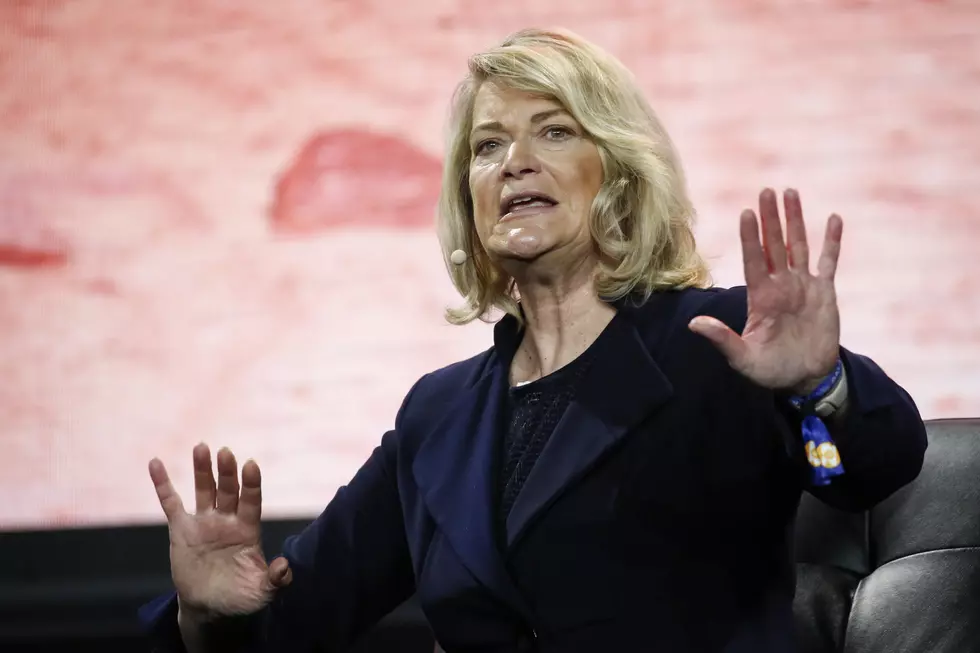
Wyoming Has 2nd Highest Job Resignation Rate in America
During a period of time in the United States where employers are struggling to fill their open positions, WalletHub has a released a report that states Wyoming has the 2nd highest job resignation rate in the country.

Wyoming ranks 2nd behind only Alaska, with a resignation rate over the last month of 4.7% and a rate of 3.22% over the last 12 months.
Evan Osborne, Professor of Economics with Wright State University, stated that job resignations are happening more frequently because the demand of workers is currently higher than the supply, due to COVID-19 effects, reluctance to go back to a physical workplace, and more.
"Available workers have more bargaining power," Osborne stated. "The many employers who are having a harder time finding workers are having to offer higher pay and accommodate to a greater degree workers’ scheduling demands. When they still cannot get enough workers, they have to substitute some combination for other resources (technology, machines, workers in other countries, the list is endless), raised prices, and offer less of whatever they are selling."
After Wyoming, job resignation rates are highest among Georgia, Kentucky, and Montana. New York is the state with the least highest resignation rates, followed by the District of Columbia.
Erin J. Hendrickson, Professor of the Practice of Law with the Marshall-Wythe School of Law and the William & Mary Law School, stated that more women have quit their jobs as of late, compared to their male counterparts.
"Since women often carry more responsibility for childcare, this statistic suggests that parents may be having difficulty finding childcare and/or struggling to balance work with the demands of remote learning," she said. "On top of this, the pandemic has caused many of us to reflect on our lives and how we would like to spend whatever time we have left. I imagine that some workers have decided to retire early, that some hope to find a way to permanently work from home, and that others hope to change careers altogether."
One of the biggest things that needs to change, Hendrickson said, is how employers treat (and pay) their employees.
"Humans are inherently productive creatures, so it seems unlikely that a large group of workers will permanently leave the labor force," she stated. "Many employees will find (or have already accepted) other jobs that better fit their needs or goals. As the pandemic hopefully eases in the coming months, and as employers consider how to make their workplaces more appealing, many others will likely follow suit. Still, it is also possible that the labor force will continue to look a bit different moving forward. If employers do not collectively make large changes, more workers may find ways to become self-employed."
10 Reasons Why You're Lucky to Be Living in Wyoming
More From K2 Radio









